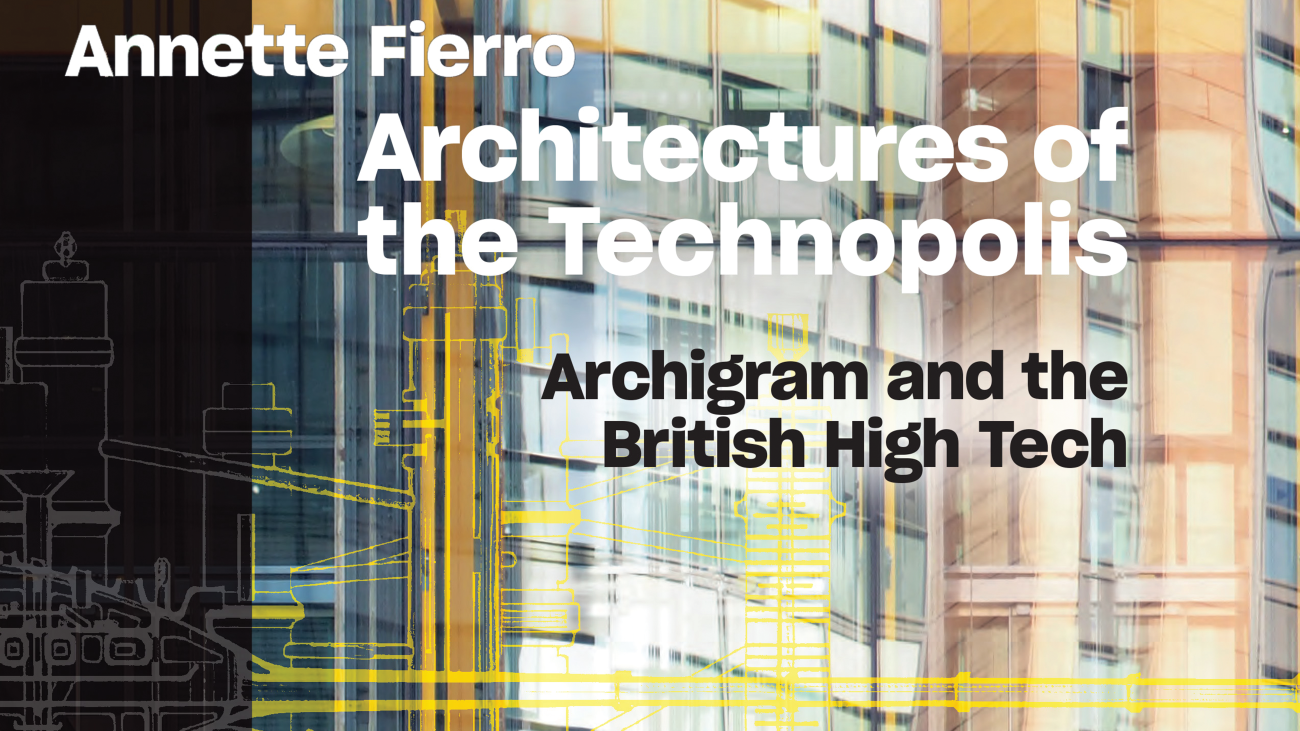Lecture Topic
In the 1960s and 1970s, visionary architectural drawings imagined artificial natures that were abstract, richly narrative, and deeply embedded with social and political ambitions. Figures like Peter Cook and Archigram, Emilio Ambasz, Charles Jencks, and Paolo Soleri pioneered these speculative ecologies, leaving a legacy that continues to inform contemporary architecture. Architects such as Jean Nouvel, Édouard François, Kengo Kuma, and Stefano Boeri have revived and reinterpreted these traditions, engaging directly with cities to challenge conventional divisions between architecture and botanical matter.
Annette Fierro’s lecture will explore how these visionary practices confront the climate crisis, using architecture’s representational power to provoke public imagination and reconfigure political landscapes.
Speaker Biography
Annette Fierro is an architect, scholar, and author whose work investigates the intersections of technology, urban culture, and architecture. Her book The Glass State: The Technology of the Spectacle, 1981–98 (MIT Press, 2003) explores the role of glass in François Mitterrand’s monumental civic projects in Paris. In Architectures of the Technopolis: Archigram and the British High Tech (Lund Humphries, 2023), she traces the evolution of radical technological ideas from the 1960s to London’s contemporary high-tech architecture.
Fierro’s current research focuses on the imposition of artificial botanical forms in urban contexts—experiments originating in the 1960s that have gained urgency amid today’s climate crisis. An associate professor at the University of Pennsylvania Weitzman School of Design, she integrates these critical themes into her studio and seminar teaching.
This program is made possible through the generous support of the Betty R. and George F. Pierce Jr., FAIA, Fund; the William B. Coleman Jr. Colloquium Fund for Architecture; and the Wm. W. Caudill Lecture Series Fund.


